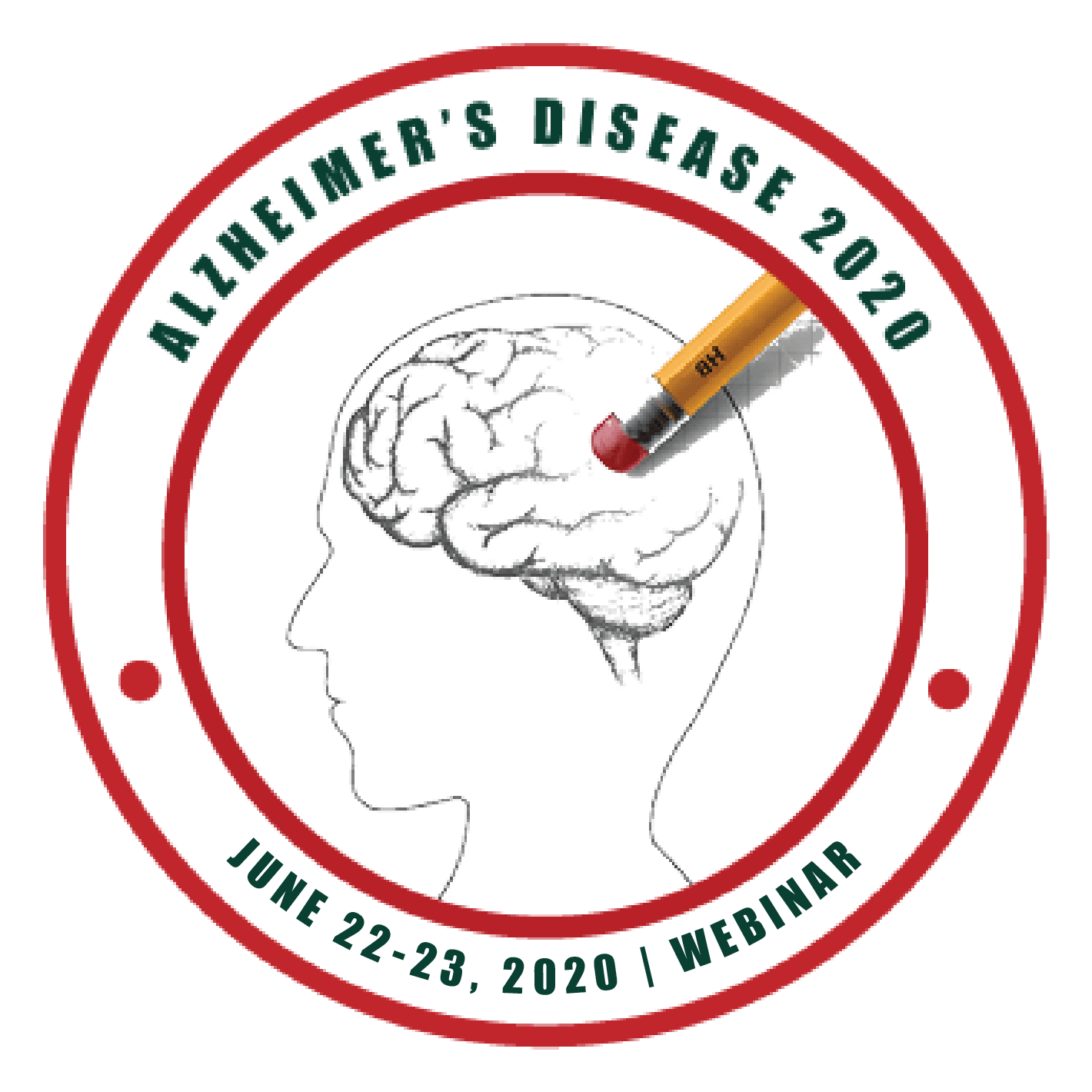Biography
Biography: Adeloye Opeyemi Oluwasanmi
Abstract
Parkinson disease (PD) is a progressive chronic nervous system disease resulted from decrease in amount of dopamine production in substantia nigra. Studies shows that human being evolved a symbiotic relationship with their gut microbiome, a complex microbial community composed of bacteria, archaea, protists, and viruses. The enteric nervous system (ENS) is a gateway for the bidirectional communication between the brain and the gut, mostly through the vagus nerve (VN). Environmental exposure plays a vital role in both the composition and functionality of the gut microbiome and may contribute to susceptibility to neurodegenerative disorders, such as Parkinson's disease (PD). The neuropathological hallmark of PD is the widespread appearance of alpha-synuclein aggregates in both the central and peripheral nervous systems, including the ENS. Studies suggest that gut toxins can induce the formation of α-syn aggregates in the ENS, which may then be transmitted in a prion-like manner to the CNS through the vagus nerve. PD is strongly associated with aging and its negative effects on homeostatic mechanisms protecting from inflammation, oxidative stress, and protein malfunction. In this mini-review we attempt to concisely summarize the papers in the field of the gut-brain axis and Parkinson's disease. We focus on evidence showing gut-association and related microbial-derived components of PD. Therefore, the gut microbiome emerges as a potential target for protective measures aiming to prevent PD onset.

